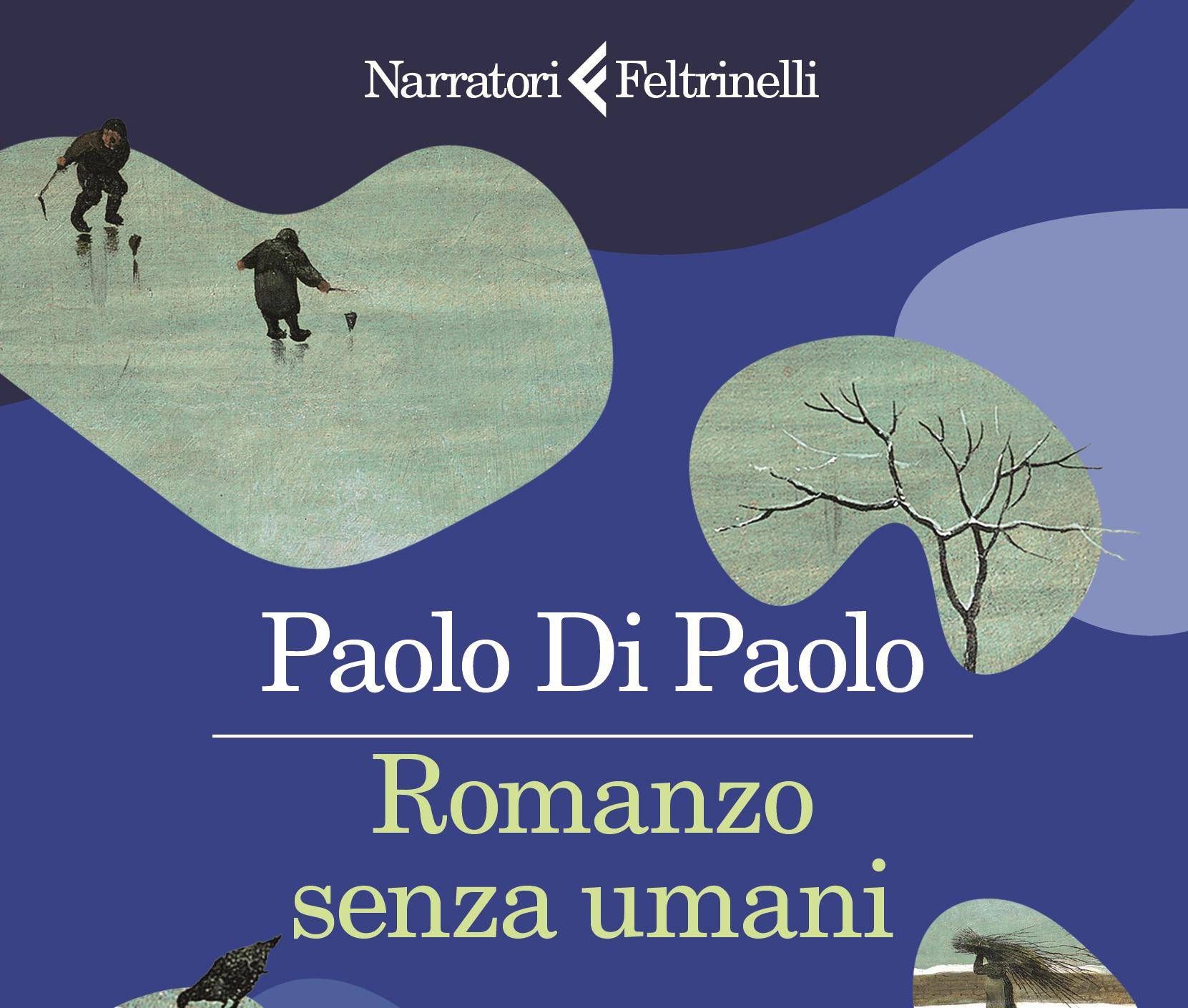A return that “excites” but which must be experienced in a “lucid” way. Paolo Di Paolo once again gets on the ‘carousel’ of the Strega award
with ‘Novel without humans’, book presented to the Friends of Sunday by Gianni Amelio. A book in which the writer, who has already participated in the most important literary laurel of our country in 2013, asks himself whether it is still possible, in our society increasingly marked by loneliness and the fraying of ties, to build an idea of memory shared.
Before any other consideration on the competing book, however, there is the emotion of getting back into the game for the Strega prize. For a writer, says Di Paolo, “It’s like going to Sanremo. For me – he tells Adnkronos – it’s a return after eleven years. I was a finalist in both the dozen and five in 2013 with ‘Mandami Tanta Vita’ which was inspired by the human and political story of Piero Gobetti. I was 30 years old then. For me they were truly the first steps in my journey as a writer.”
A first experience which, he confesses, “literally changed my life. The Strega allowed me to start investing concretely in being a full-time writer. Coming back after 11 years, in a different phase of my journey, is a great emotion for me. One has the feeling that this award is able to illuminate the book in competition, giving overall and retroactive visibility to the path that an author has taken. I believe this is an advantage regardless of how the second phase of recognition and the final may go. It seems blasphemous perhaps to say it, but it’s a bit like going to Sanremo”, reiterates Di Paolo.
The Strega prize, therefore, is a highly coveted stage. Once you are admitted to the small club of lucky writers competing for the final victory, the desire to go as far as possible becomes more and more palpable. On this point Di Paolo does not hide and admits: “I participated hoping to get into the top five. I would perhaps be a bit hypocritical if I said that one doesn’t expect or believe it is possible to make the leap to the top five. But in any case we must remain very clear-headed, the five is already a victory in any case. While up to this point a committee has decided, from the dozen onwards a sort of electoral campaign begins. It is a dynamic that concerns hundreds of people, who are part of the world editorial, of the bookshop world. At this point, what can happen is unpredictable”, he underlines.
Di Paolo’s book was born from a question already contained in the title of his work. Can a novel exist without ‘humans’? “Mine is not a book that is affected by the pandemic. However – he says – looking out the window at a world that was depopulated by our presence, as our cities were in those months, led me to ask myself: ‘Can you write a novel without humans?’ I must say that, in fact, I tried to write a text ‘without humans’. But I also realized that whatever you say is necessarily traced back to your human gaze, to your human sensitivity. you realize how writing itself is an entirely human gesture. So the title works as a provocation and also as a contradiction in terms. This is because the novel without humans is unthinkable.”
Highlighting some narrative elements of the plot of his book, Di Paolo says: “It is the story of a man approaching middle age, the historian Mauro Barbi who walks along Lake Constance. For decades he studied the Little Ice Age, a sort of dizzying collapse of temperatures in Europe between the late sixteenth and early seventeenth centuries, which also involved Lake Constance which – let’s remember – touches three states, Switzerland, Austria and Germany”. An event marked by “a violent climatic change that fascinated the scholar so much that he studied it for a long time, probably attracted precisely by that depopulated landscape devoid of humans. What can today’s lake tell him about the lake of four centuries ago? As a historian he asks himself what relationship there is between the past and the present with a powerful impact on his life. What do others remember about us?”
A question, reflects Di Paolo, which “is also the result of a radical question which concerns the construction of memory. Is our past, the past of the world, an invention?”. For this reason “he starts sending emails to people he hasn’t heard from for 15 years, makes phone calls in the middle of the night and breaks into the houses of friends he hasn’t heard from for a long time. What does he want from them? He would like to understand what they remember about him by trying to organize a memory about him that is stable and shared”.
At the end of his research, however, Di Paolo points out, “he realizes that it is not possible to share the memory”. Just to be clearer, “what we remember in one way, others remember in another. And this impossibility of making the memories coincide sends him into a tailspin. It is as if he were faced, as a historian, with a sort of checkmate. This is the narrative driving force of the book”. Ultimately, concludes Di Paolo, “what I describe is a story of loneliness. The story of a man who looks up from his books and wonders where they all went and what happened to the people in his life, the ones who literally stepped out of time and the ones he lost sight of.” (By Carlo Ro
ma)
